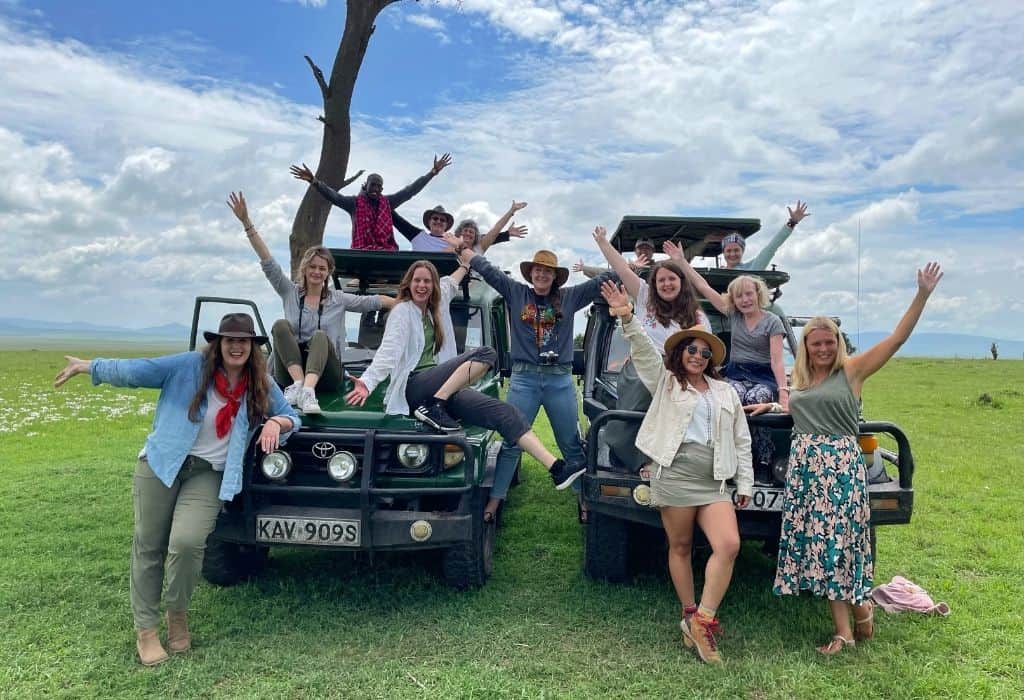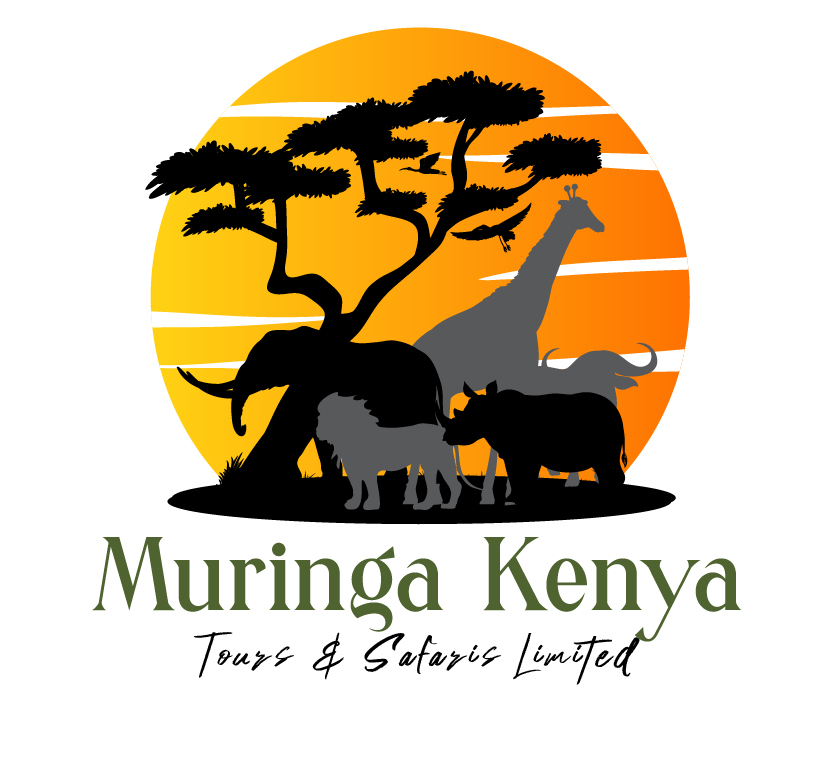Good Tips For Deciding On Mombasa Old Town
Good Tips For Deciding On Mombasa Old Town
Blog Article
What Precautions For Health Must I Be Aware Of While Visiting Mombasa In Kenya?
If you're planning a trip to Mombasa (Kenya) it's crucial to be aware the dangers to your health. Here are some important health concerns.
1. Vaccinations
Routine Vaccinations: Ensure that you are up-to-date on routine vaccines such as measles-mumps-rubella (MMR), diphtheria-tetanus-pertussis, varicella (chickenpox), polio, and your yearly flu shot.
Hepatitis A (recommended for all travelers): This is caused by the high danger of drinking water that is contaminated and eating food that is contaminated.
Hepatitis B travelers who are exposed to blood or bodily fluids through sexual contacts, medical treatments, or drug usage should be advised.
Typhoid : This illness is crucial to those who will be staying with family members or close friends, traveling in small towns or rural areas, and for foodies who like to experiment.
Yellow Fever Certificate of vaccination is required for travellers arriving from countries at threat of transmission of yellow fever. Make sure to check the most up-to-date guidelines.
Rabies: A consideration for those involved in outdoor activities that put the risk of getting animal bites, like camping, hiking, or caving.
2. Malaria Prevention
Mombasa is a place with an extremely high rate of malaria. Consult your physician for the best antimalarial drug for you.
Wear long sleeves and pants at night and in the evening, and apply insect repellents that contain DEET. Sleep under a mosquito net when you're not in an air-conditioned room or one that has good screens.
3. Food and Water Safety
Drink Safely: Stick to boiling or bottled water. Avoid drinking tap water as well as drinks that have ice cubes.
Make sure to eat well-cooked meals. Avoid eating raw, unwashed vegetables and fruits, and seafood. Be wary of street food. Choose reputable eating establishments instead.
4. Traveler's Diarrhea
Preventive measures: Wash your hands frequently using soap or water. Beware of eating or drinking any beverage or food from a questionable source.
Meds: Carry medicines such as Lloperamide (Imodium) as well as oral Rehydration salts. To treat severe conditions, consult your physician for antibiotics.
5. Sun Protection
Sunscreen: Apply sunscreen that has an SPF at least 30. Make sure to apply your sunscreen regularly, and especially after you have been swimming or sweating.
Protective Clothing Use hats, sunglasses, and light, long-sleeved garments to reduce the sun's rays.
6. Heat and Hydration
Stay hydrated. Drink plenty, and preferably water, to avoid dehydration. Beware of drinking too much alcohol or caffeine, as they can lead to dehydration.
Beware of overexertion. Pause frequently especially during the hottest time of the day. Shade is the best option to avoid heatstroke and heat exhaustion.
7. Safety and Security
Swim in Designated Areas: Pay attention to local guidelines regarding the conditions of swimming and potential hazards like strong currents.
Awareness of marine life Be aware of the dangers of marine life and stay clear of it, including jellyfish and seaurchins. Wear water shoes when walking in water that is shallow.
8. Care and Insurance. Care and Insurance
Travel Insurance - Ensure you have insurance coverage for medical emergencies, including evacuation.
Local Medical Facilities: Acquaint yourself with the locations of reliable medical facilities in Mombasa. Hotels with major chains often provide information about nearby hospitals and doctors.
Bring enough medicine to last for the duration of your trip.
9. Emergency Contacts
Embassy Information: Get the contact details for your country's consulate or embassy in Kenya.
Local Emergency Numbers: Learn the local emergency numbers police (999) (999), Fire (999), and Ambulance (999).
If you take these precautions to protect your health, you can minimize risks and focus on enjoying your holiday in Mombasa. Check out the best mombasa old town for site tips including safaris beach, kenya safari holiday, travel & tours company, mombasa safari, kenya mombasa holiday packages, african safari kenya, tours & safaris, afri safari, tour and travels, kenya tours and more.
What Are The Weather-Related Considerations I Need To Be Aware Of During My Trip To Mombasa?
Understanding the weather patterns in Mombasa is vital to packing your bags and getting the best out of your vacation. Here are the key weather considerations:
1. Climate Overview
Mombasa experiences a tropical weather with high humidity and temperatures year-round. You can expect warm weather, with temperatures that range between 24degC (75%F) to 32 degrees Celsius (90%F).
2. Seasons
This is a period of high temperatures, and a high humidity. This is the most popular tourism season.
Long rains (April from April to June) This time of year is characterized by heavy rains and at times, thunderstorms. It is possible that roads be flooded. The season is not busy for tourists.
The cooler season (June through October): This is the most pleasant time to travel, due to low humidity levels and temperatures. It's a mild climate, ideal for outdoor activities.
Short Rains, October to November It is a time when there are shorter and less heavy rains. The rains are usually brief-lived, and then followed with a few sunny days.
3. Tips for packing
Lightweight Clothing: Pack lightweight and breathable clothing like linen and cotton to keep cool during the hot summer months.
Make sure you have rain gear in case you're traveling during the season of rain. This includes a waterproof jacket and shoes.
Sun Protection: A sunscreen with a high-SPF, wide-brimmed caps, sunglasses lightweight clothing, and covering the skin with light clothing will shield you from strong sunlight.
Wearing Swimwear: Be sure to have your swimwear with you when visiting the hotel pools and beaches.
4. Weather-specific Activities
Beach Time. The ideal time to spend on the beach would be in the cooler months (June to October), when temperatures are mild and the conditions at the beach are ideal.
From November through March, the clear and calm waters are ideal for water sports, such as diving, snorkeling and more.
Wildlife Viewing The cooler season (June to October) is also a good time to go on wildlife tours and safaris as the weather is more bearable.
5. Health Concerns
Stay hydrated. The humid and hot weather will make it necessary to drink plenty of water. Take plenty of fluids, particularly if you spend time outside.
The heat-related disorder: Be aware of the dangers of exhaustion and heatstroke. Wear loose fitting clothing and avoid vigorous physical exercise during peak temperatures.
6. Travel Adjustments
Rainy Season Travel: Be prepared for disruptions to travel during long rains. Certain roads might be closed, and outdoor activities could be restricted.
Tropical Rains: Sometimes tropical rains can lead to delays in flights. Be aware of your travel schedule and make contingency plans.
7. Environmental Considerations
Natural hazards. Beware of the risk of flooding during heavy rains. Stay up-to-date with the weather, and be sure to follow local safety advice.
Be aware of tides while planning your beach activities. They can shift dramatically. Consult tide schedules to ensure safe beachcombing and swimming.
Understanding these weather considerations will allow you to organize your plans and packing accordingly, so that you are able to enjoy your time in Mombasa safely. See the top rated kenya holiday packages for website info including travel tours in kenya, tour firms in kenya, african safari africa, kenya beach mombasa, tours safari africa, safari mombasa kenya, mombasa travel agency, kenya travel packages, africa in kenya, tours and safaris in kenya and more.
What Are The Environmental Responsibilities I Must Be Aware Of While On Holiday In Mombasa Kenya?
In order to protect the beauty of nature and the diversity of Mombasa, Kenya it is essential that you're environmentally responsible. Here are some of the most important environmental responsibilities that you should be aware of:
1. Sustainable Accommodation
Eco-friendly Hotel: Choose hotels that have a commitment to sustainable development. Find certifications such as Eco-Tourism Kenya and other eco-labels.
Take part in the hotel's initiatives to conserve water. Reuse linens, towels and towels. Also, turn off the lights and air conditioner when not needed.
2. Responsible Wildlife Viewing
Be respectful of wildlife. Maintain a distance from animals in order not to disturb them. Your tour guide will provide you with instructions.
Avoid Feeding Wildlife: Feeding animals could disrupt their diets.
Leave No Trace: Do not litter around wildlife parks or reserves. Bring all of your trash with you and dispose of it properly.
3. Plastic Reduction
Minimize Plastic Use: Avoid single-use plastics. Use a reusable mug, bag, or an utensil.
Support local initiatives in your area. Participate or support local beach cleanup efforts, and other organizations that work to lessen the pollution caused by plastic.
4. Water Conservation
Mombasa is experiencing water shortages. Make shorter showers and turn off the water taps whenever you're not using them.
Make use of eco-friendly and biodegradable toiletries: To minimize water pollution, use biodegradable and environmentally-friendly toiletries.
5. Energy Conservation
Reduce energy consumption: Unplug electronic equipment when not in use, and limit the usage of air conditioners.
Encourage Renewable Energy: Look for accommodations and tour operators using renewable sources of energy.
6. Sustainable Transportation
Public Transport: If you can reduce your carbon footprint by using public transport, such as buses and matatus.
Alternatives to go green: Think about renting bicycles or walking for short distances. Certain areas have eco-friendly tuk-tuks.
7. In support of local economy
Buy local: To support the local community, purchase souvenirs, food items, and crafts from local stalls.
Fair Trade: Choose items that have been certified fair trade so that local producers are compensated fairly.
8. Environmental Education
Learn and share information: Be informed about the local environment and conservation initiatives. Share what you learn with your friends and family members to spread awareness.
Respect Local Cultures. Understand and respect customs and local practices that are related to the conservation of environmental resources.
9. Marine Conservation
Responsible Snorkeling and Diving: Do not touch or step directly onto coral reefs. Use non-toxic, reef-safe sunscreen to safeguard marine wildlife.
Do not dispose of garbage in the ocean. Participate in or support programs to protect marine habitats.
10. Ethical Souvenirs
Avoid Wildlife Product Don't buy items made from endangered animals, like tortoiseshell and ivory.
Sustainable Materials: Choose products made of recycled or sustainable materials.
11. Take part in conservation efforts
Volunteer: You are able to volunteer to assist local conservation efforts or tourism-related initiatives.
Support local NGO's in your area. Give funds to conservation organizations that are working to protect and preserve the environment.
12. Traveling responsibly is a good idea
Travel in small, intimate groups to minimize environmental impact.
Eco-Tours Pick tour operators with eco-friendly policies and a commitment towards sustainability.
It is possible to help protect Mombasa's natural resources by bearing your mind on these environmental obligations. This will ensure that the beauty of the area and its diversity are protected for future generations. Take a look at the best transfer to Diani for more advice including african safari tours, african safari excursions, mombasa safaris kenya, african safari tours kenya, kenya beach and safari holiday, africa safaris and tours, kenya safari and beach, africa and safari, african safari africa, travel tours in kenya and more.